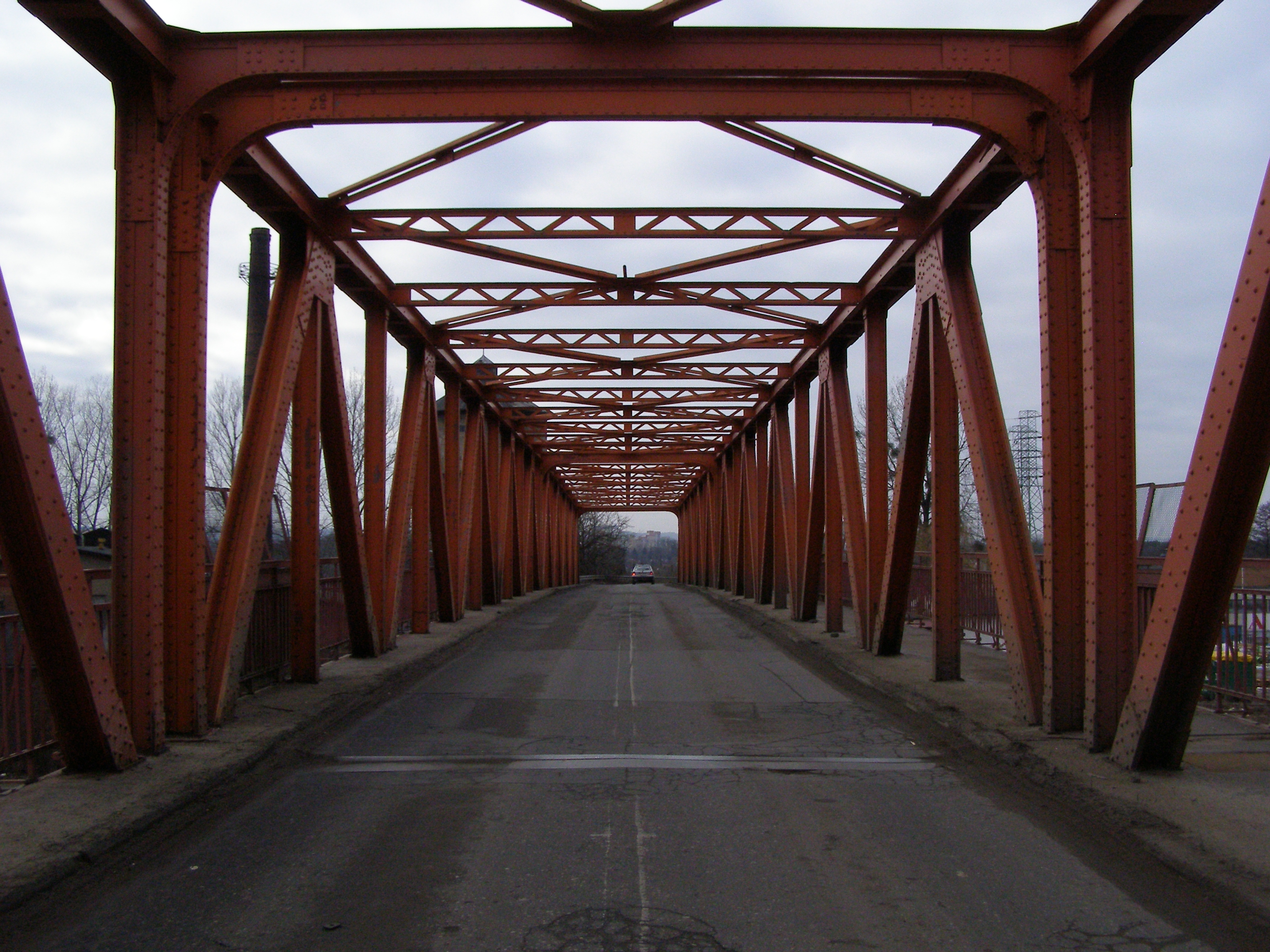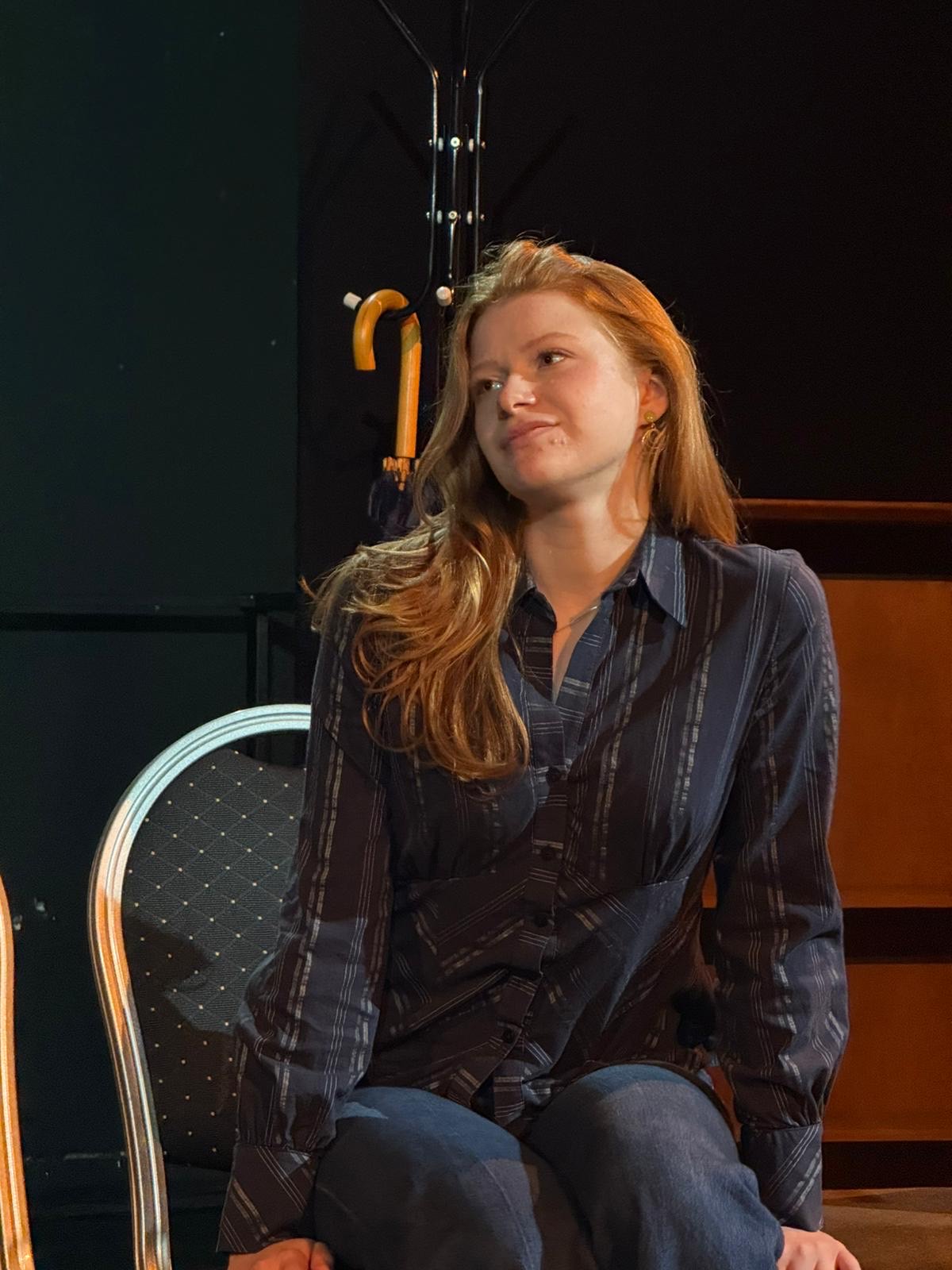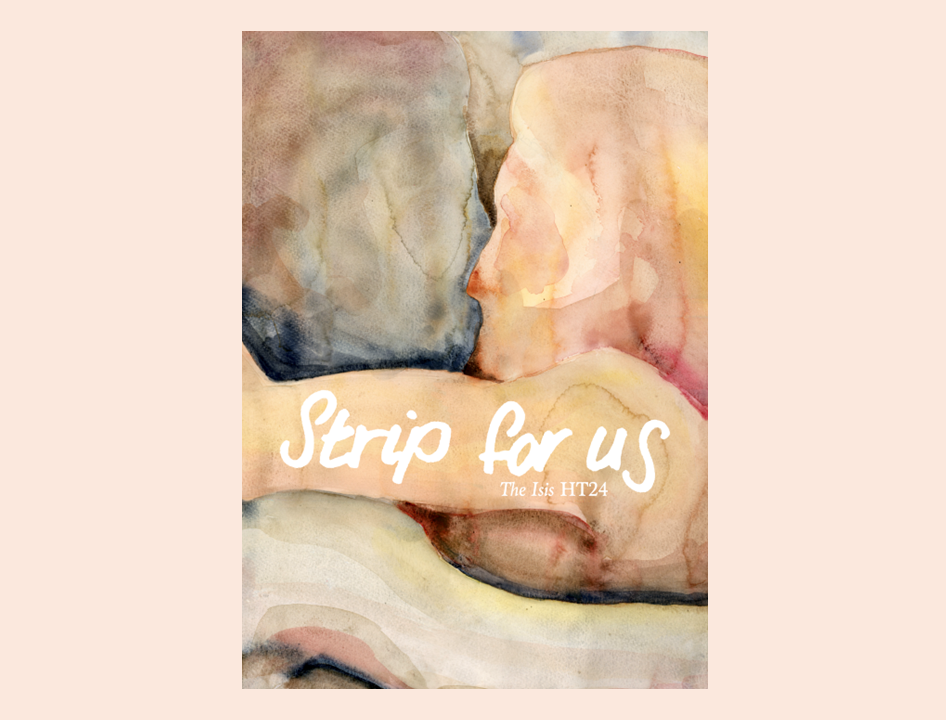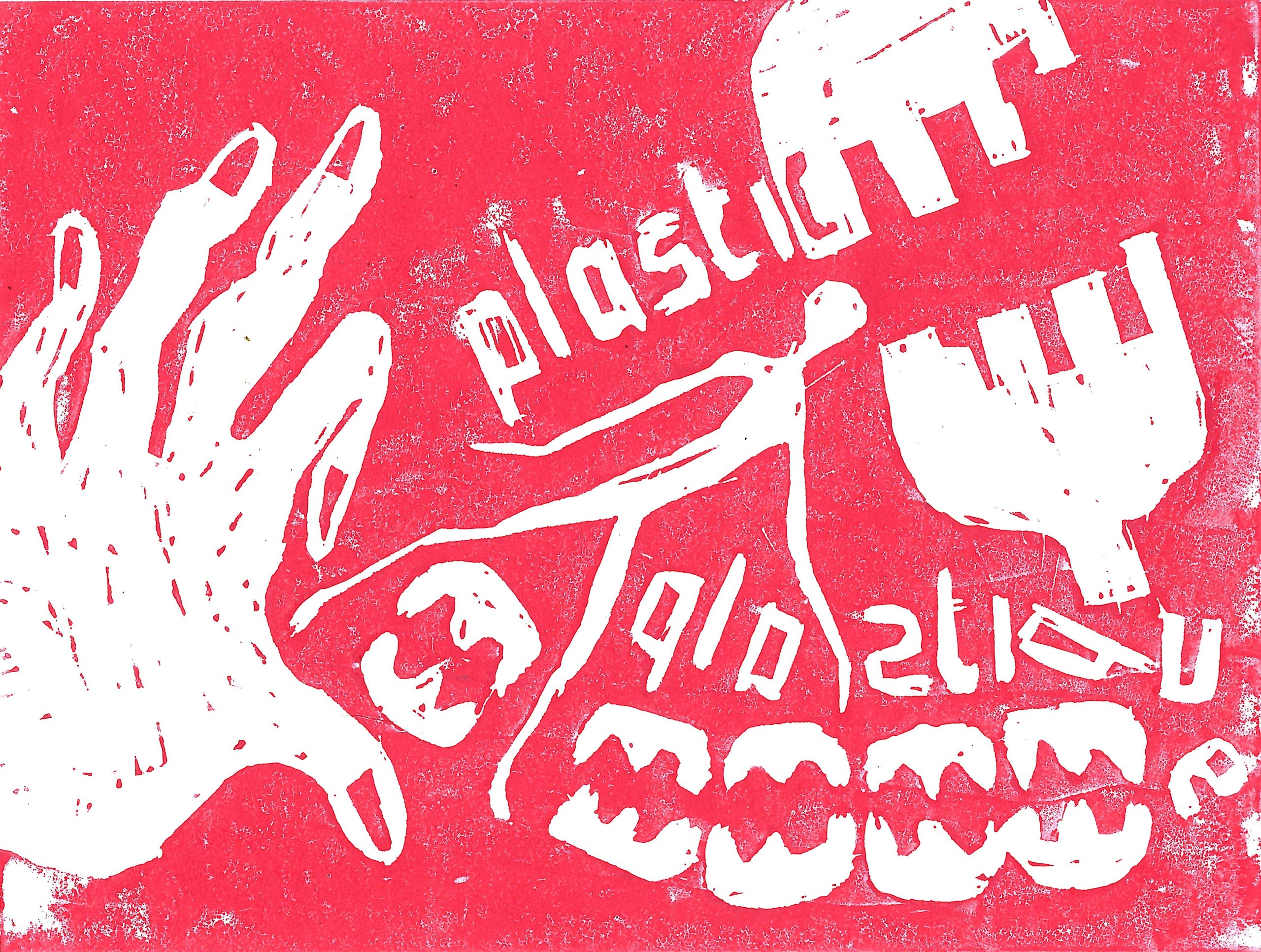
Perpetuum Mobile – Polish politics today
Removing a sticker from a glass panel at a bus stop is not an easy task, and I would normally never do it. In fact, nobody does – given the rapid pace at which they are replaced we have to accept it as part of our cityscape. They provide a channel through which the “patriots” are tacitly allowed to spread their commitment to their traditional values. Only once I have removed such a sticker, which proudly depicted the swastika-like symbol of Afrikaner Weerstandsbeweging, a South African neo-Nazi organisation. To my irritation, it covered the timetable on a bus stop in my neighbourhood, which is certainly not a bad (although also not the safest) part of the city. There are other attractions to be found around here: a faded tag with a Star of David hanging on a gallows and hastily sprayed celtic crosses, a staple adornment of Warsaw’s buildings. Not so long ago, a Pakistani man was brutally beaten up while walking with his Polish friend in another neighbourhood. Although the attackers magnanimously spared his Polish companion as well as their belongings, the police declined to acknowledge any racist motivation to the attack. In their own words, the victim just found himself: “in the wrong place at the wrong time”. Right.
Many view Poles as one of the most xenophobic, anti-semitic and racist nations in Europe. Indeed, along with the Czech Republic, Slovakia and Hungary, Poland has formed the troublemaking alliance nastily complicating the European refugee crisis; and just after the Brussels attack, the Polish prime minister declared a blanket refusal to accept any Syrian refugees. This stereotype may, or may not, be justified. For me, Polish xenophobia seems to only lurk beneath the surface: I have rarely, if ever, personally witnessed a genuine, live manifestation of it. But what is much more interesting is the entanglement of these passions in a very delicate issue of Polish national, cultural and symbolic identity. For example, the right-wing ruling party’s name, “Prawo i Sprawiedliwość”, is taken from a poem by a Polish poet, Julian Tuwim. Ironically, a Communist and a Jewish war refugee, he would make for a perfect public enemy were he alive today. As it happened, our turbulent and symbolically ambiguous history made him a patron of a radical, right-wing populist party. What made this symbolic shift possible was the fact that his (pre-Stalinist) poems were in fact passionately patriotic. And it is possible to be a Pole, a patriot, and steer well clear of nationalism. There’s a good number of Poles who submit to this “alternative” version of Polishness, and deny any connection to their compatriots with a different view on what it means to be Polish. The “nationalists” call the others “lefties” and “traitors”, and are themselves dubbed as “scum” and “Ciemnogród”. The latter term (loosely translatable as “Backwardville”) is taken from a novel published as early as in 1820 – the dispute about what it “really” means to be Polish is centuries-long, and it is probably one of the few constant elements of our cultural identity.
This is because history rarely gave us a chance to develop a proper cultural identity. Once the partitioning of Poland was finalised in 1795, the “nation” (whatever that was at the time) was split in three, and although longing for regaining the Polish state was a common denominator, a number of different approaches and different practical ways of keeping up the struggle were developed. What emerged after regaining independence in 1918 was a conglomerate of very different identities, and this has persisted, more or less, until now. As a ’90s kid, I was brought up in a country aspiring to rejoin the idealised “West” from which it was detached by the war. But it turned out that many were left behind in the rapid and cold-hearted transition, and now they feel that the narrative of Poland as the Eastern European economic miracle does not take them into account, and the “official” pride is not one they can share in. This “leftist” narrative does not accord these people the dignity they wanted so much, but makes them a shameful symbol of the past: people who have not lived up to this new Polish identity characterised by success and blending in with our Western neighbours. In response, they turn to other ideals, to a mythology that does not present them as pariahs.
A “typical” Pole is torn between two roles: on the one hand that of a fully-fledged member of the Western, Christian and “civilised” world, and on the other that of an active guardian of its values constantly warding off some internal or external threat to them. In the Communist period, these values were represented by liberal democracy, market economy, and, symbolically, by Christianity as opposed to anti-religious Communism. After the transition, with an embryonic free party system, the elements of that monolith fell apart. The current turbulences are a result of a profound split between the “Backwardville”, focusing on Christianity and fighting against “moral decline” and “islamisation”, and the “lefties”, who care about the rule of law and liberalism; a split carelessly brought about by the often ruthless economic transition we have gone through. The centuries-old narrative of two types of Pole makes this civil war feel natural. But its most poignant symptom is the perpetual, irresistible temptation to strip the other of his dignity, or even identity. Two groups, each alleging its moral and cultural superiority, treating its counterpart like an uncomfortable, embarrassing illness the “nation” needs to be cured of. One need not wonder too much to imagine the kind of rhetoric and behaviour this conflicts invites. Both sides are gradually hardened in their views, resulting in events such as a recent Fascist celebration in a church in Białystok on one hand, or widespread contempt for the poor on the other.
Some of us, like myself, try to escape this perpetuum mobile and think of themselves as Jews, social democrats or whatever group that evades the scheme. Only from a distance one can try to analyse, accept and embrace the oddities of our nation and do away with the fetish of defining a good, “real” Pole. There is much to love and much to be proud of in my country, but in order to appreciate it, one has to find dignity in her identity – and there is little dignity in the insecurity and violence of that vicious circle. Sadly, the latest political events have only added fuel to the fire, but instead of adding gallows to that celtic cross drawn on your building, you can simply wipe it and get the building clean, building your identity upon positive, not negative, values and emotions. Hopefully this is something we can live up to.
Image Credit Różowy Most







